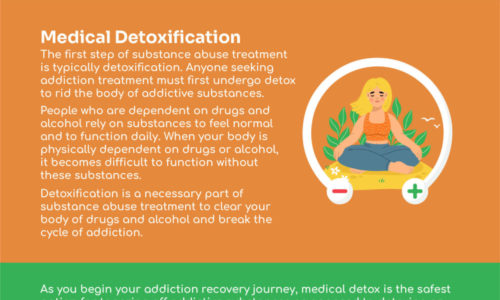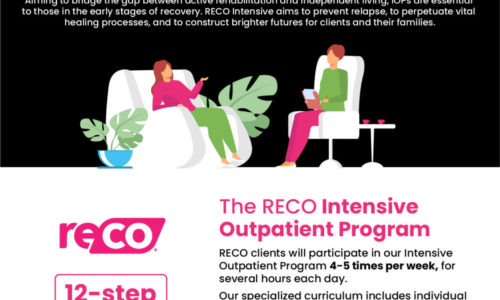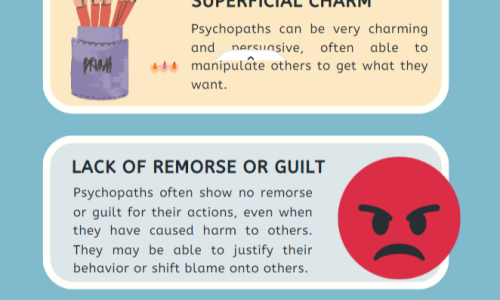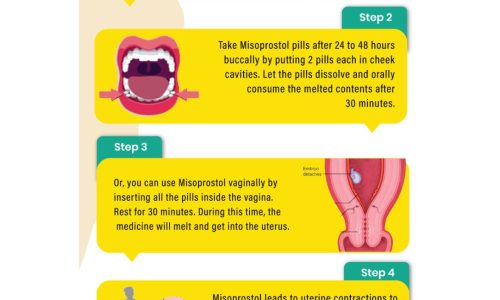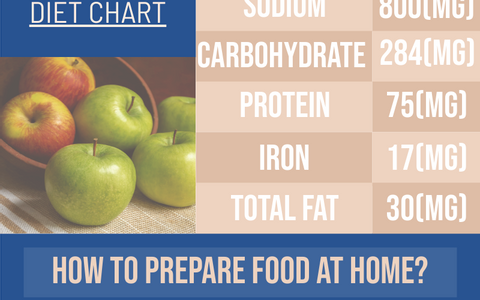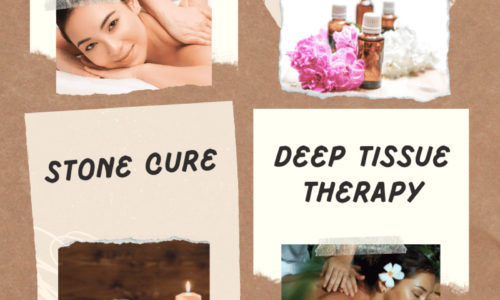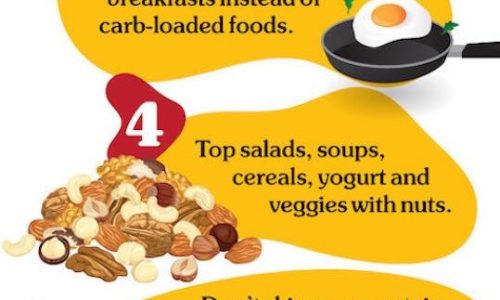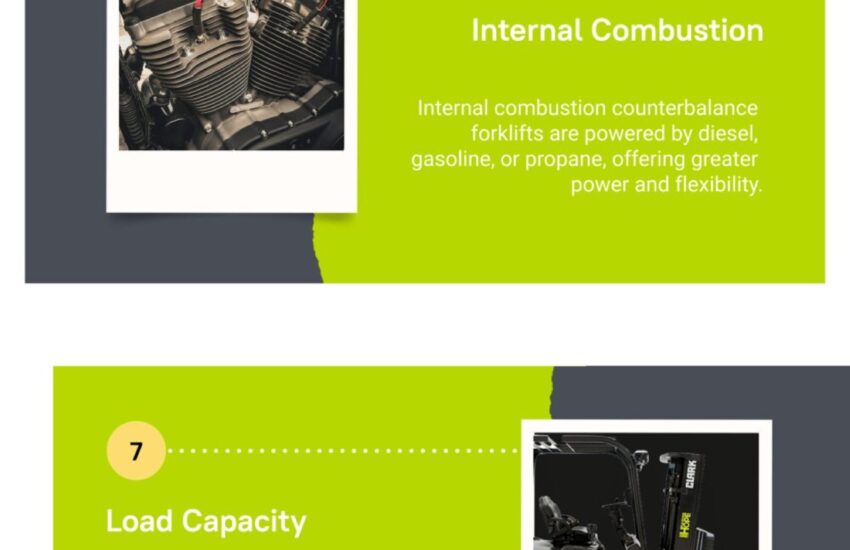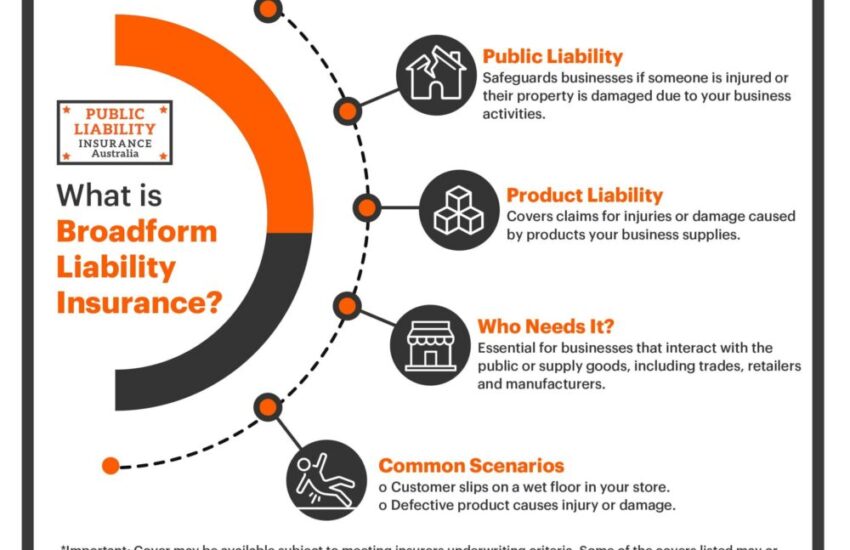Statistics from the beauty industry can tell us a lot about the current trends and changes in consumers’ behavior. Skincare continues to be the biggest chunk of the cosmetics market with over one third of the market share. Sales value of the organic products have been increasing throughout the years, reaching the figure of $54.2 million. We can interpret these figures as a sign of consumers becoming more aware of the harmful chemicals in beauty products, as well as more responsible and eco-conscious. An increasing number of consumers value health more than instant results they get by using conventional beauty products. This is what they get by using natural and organic products.
When it comes to beauty industry, the strongest buying group of the 21st century are the millennials. 52% of them say they would choose quality over price when it comes to beauty products. This fits into the behavioral pattern of their generation. They prefer spending money on what they see as health luxuries and they usually shy away from spending too much on material things. Millennials are typically more aware of the beauty brands and the way products are manufactured. This is the reason they turn to those containing natural ingredients. They care both about the labels and the ethical side, which is why they rely on cruelty-free and fair trade products.
Marketers from the beauty industry should take notes: 44% of the millennials say they are loyal to brands they buy. This implies the importance of establishing and maintaining good customer relationships. In addition, influencer marketing plays a major role. Beauty bloggers who take part as brand ambassadors or simply promote products on their blogs, social media or on YouTube – can increase product sales up to 50%. Instagram influencers such as Amrezy and Jacyln Hill have millions of followers who take their recommendation seriously.
The Beauty Industry

Infographic by Facialco
485 total views , 1 views today


